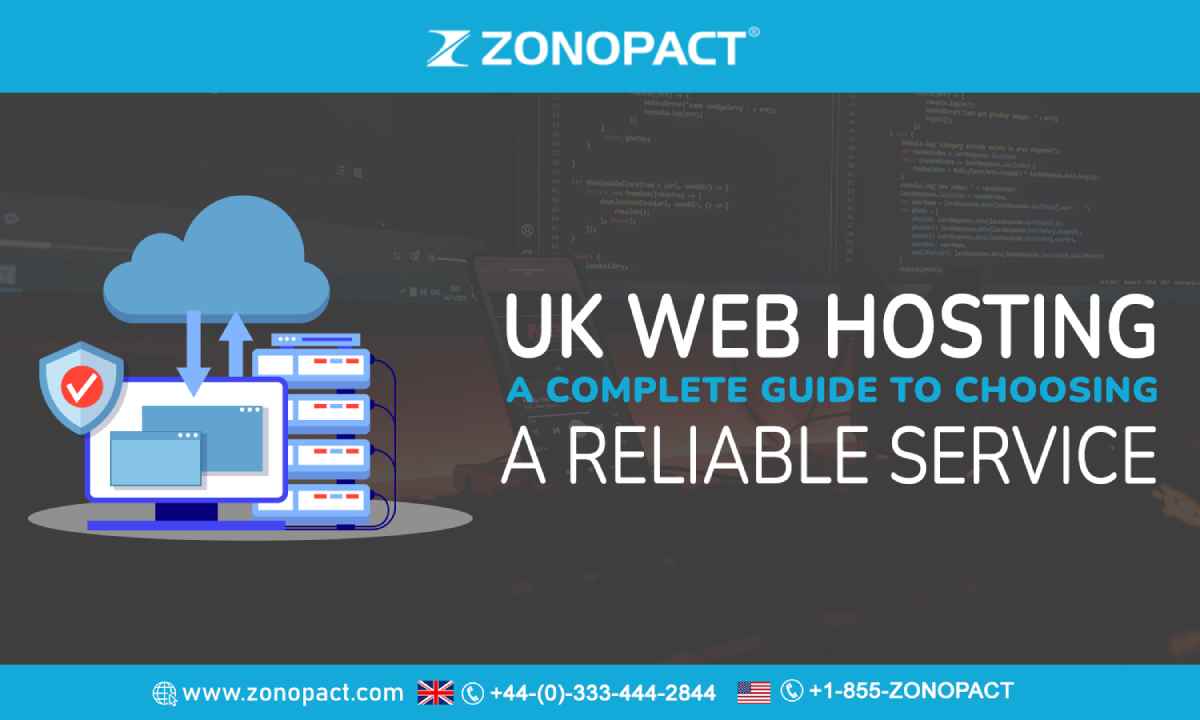
It may not be the most exciting or glamorous of digital services, but web hosting plays a crucial role in the existence of just about every website. As a result, choosing the right web host can be an important decision for businesses, brands, and other online entities that need somewhere to house their online presence. In this blog post we’ll take you through everything you need to know about UK web hosting services. We’ll explain what they are, the different types of services available and what to look out for when choosing a new provider. If you’re ready to get started, read on and we’ll see you at the end!
What is Web Hosting?
Web hosting is the service of renting out computing power, storage space, and an internet connection to allow a website to exist and be accessible online. The hosting service provider (HSP) will usually house the website’s files on a server, which can be located in a data centre anywhere in the world. Hosting services are usually provided as a paid service, and most providers will offer a variety of packages to suit different budgets and needs. Hosting companies manage and maintain the servers, connections, and software that make the internet tick. They also deal with security patches and other issues that may arise from time to time. Since the internet is constantly growing, hosting providers are always looking for new ways to keep up with demand for more bandwidth, more servers, and better software.
What to look for when choosing a web hosting service
When evaluating a potential web hosting service, there are a few key factors to keep in mind.
Centralisation – Where are the servers being hosted? Ideally you’ll want to find a provider with servers located in a data centre in the UK. This will ensure good latency and less chance of network issues arising from events outside of the UK.
Reliability – What is the track record of the host? Check out user reviews and ratings to see how other customers have found the service. While some downtime is inevitable, a reliable host will be transparent about issues, and have a good track record when it comes to fixing them.
Support – How accessible are the hosting providers? A good provider will have a solid support team available to answer your questions at any time and will be transparent about how support is provided.
Shared Hosting
There are a few different hosting types, but many businesses will start out with a shared hosting plan. This type of service is the most affordable and is designed to be used by multiple clients from a single server. Shared hosting usually comes with a certain amount of storage per month, and you’ll be charged if you go over this limit. This can be helpful if you only need to host a few small websites, but it may not be the best option if you’re looking to host a large eCommerce site that requires lots of storage.
Virtual Private Server (VPS) Hosting
The next step up from shared hosting is a VPS hosting package. This type of service is hosted on a server that’s reserved just for your account. This means you’ll have more storage and power than if you were on a shared plan, but it comes at a higher price. A VPS hosting package is recommended if you’re looking to host a larger site that requires a good amount of storage or is eCommerce-enabled. You’ll also get more control over your server, but the provider will still manage the network and maintenance of the hardware.
Dedicated Server Hosting
For the biggest and most mission-critical sites, there’s dedicated server hosting. This is the most expensive type of hosting, but it also gives you complete control over the hardware and software used. You’ll have to maintain the software, but it’s considered a managed service as your web host will oversee the network and hardware maintenance. Dedicated hosting is recommended for businesses with very large and resource-intensive sites that need a lot of bandwidth. It’s also a good option for companies that need a hosting service for backend systems like databases or application programming interfaces (APIs).
Conclusion
Web hosting may not be the most exciting digital service, but it’s a crucial part of the existence of almost every website. Choosing the right host for your needs is important, as poor service can result in downtime and affect your bottom line. When evaluating a potential web host, it’s a good idea to consider centralisation, reliability, and support. These are the key factors in finding a reliable host. You want a host that has servers located in a data centre in the UK, with a track record of being reliable and transparent about issues. In the end, finding a reliable and trustworthy web host can take a bit of legwork, but it’s worth it to make sure your website is up and running smoothly.